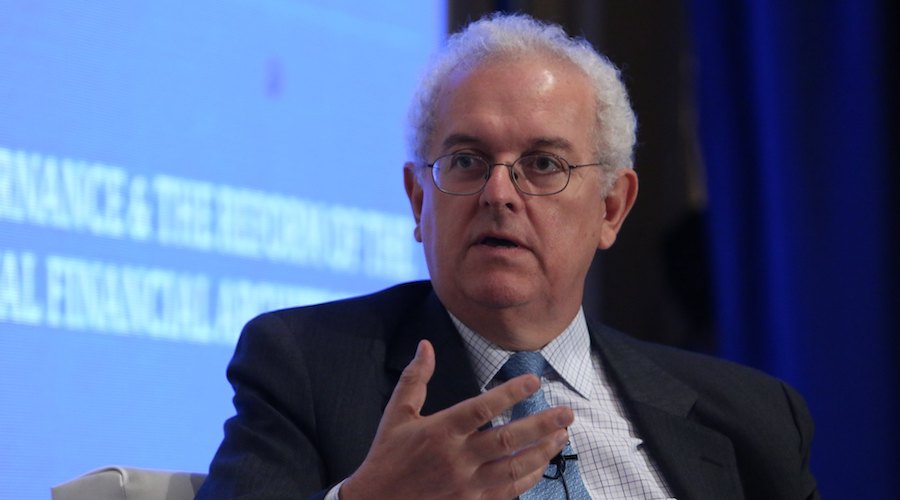Mining
Sunday, August 14th, 2022 7:48 am EDT

The Institute that carries his name has been created by a group of former mining executives, resources and native title lawyers, experts in corporate social responsibility, native title claimants and Aboriginal business executives.
Among the members is Dan Tyson, previously CEO of Desert Knowledge Australia, who will have a similar role in the new think tank; Rod Williams, who runs Gongan Consultancy and who will be head of research; Robert Champion de Crespigny, who restructured the Normandy Mining gold businesses to engage more openly with Aboriginal people; Ian Williams, former managing director of the Century zinc mine in north Queensland; Bruce Harvey, former Rio Tinto general manager of Aboriginal and community relations; and US-based mining consultant Chris Anderson, who helped Newmont establish its community relations program at the Ahafo mine in Ghana – considered one of the world’s most successful such programs.
The Institute’s draft terms of reference point out that there are still many obstacles to be overcome when it comes to the cultural, financial and economic progress of remote communities, particularly in connection to the development of mining and resources projects.
“Brokering enterprise relationships and facilitating capacity building will substantially assist remote communities, but research to identify and form a base for advocacy for major policy reforms is required across federal, state and local governments,” the ToRs read.
In the view of those behind the initiative, a facilitator or broker is needed to foster better communication and fair transactional – as opposed to court – dealings between mining companies and Indigenous groups, with the understanding that their literacy levels in regard to the workings of the mainstream economic system differ.
For the creators of the Ian Kowalick Aboriginal Enterprise Institute, it is important for mining firms to start treating native claimants as people and not objects to be managed. They also should understand that many Aboriginal people want to be an active part of the economy as opposed to just receiving welfare. In parallel, however, it is crucial to deal with the accountability mechanisms forced on them by native title laws, many of which are onerous and open to corruption.
The Institute, thus, is perceived as an entity that can help support both sides when it comes to accountability and governance.
(With files from Financial Review).
This post has been syndicated from a third-party source. View the original article here.




